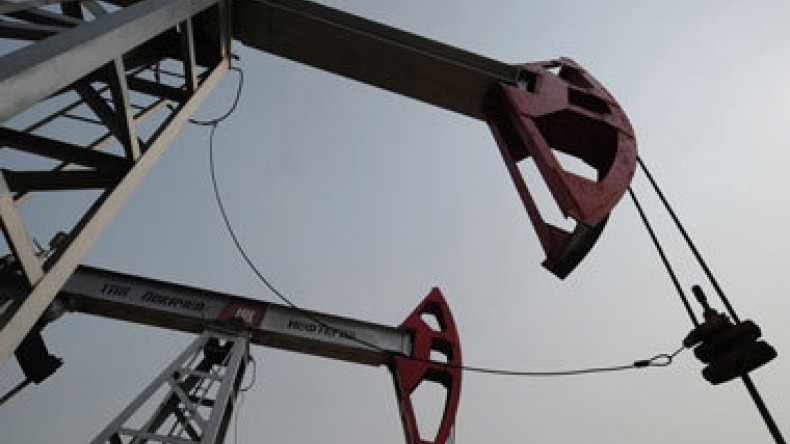
Russia’s support of Assad flexible if Saudis promise to cut oil output
Russia’s support of Syrian President Bashar Assad could be swayed if Saudi Arabia promises to cut oil output, as it will lead to higher oil prices profitable for the Russian economy, experts told Sputnik news agency Wednesday.
“Russia would be amenable to a deal to remove Assad because Russia is spending lots of money on Assad and Assad is not winning anyway. Russia would like to stop the expense of providing Assad with weapons and spare parts,” Kenneth Katzman, a Middle East analyst for the nonpartisan Congressional Research Service which conducts research and analysis for the US Congress, told Sputnik.
On Tuesday, The New York Times reported, citing anonymous diplomatic sources, that Saudi Arabia had been using the oil issue, particularly important for Russia amid plummeting oil prices, to pressure Russian President Vladimir Putin to abandon his support of Assad.
Dilshod Achilov, assistant professor at East Tennessee State University’s department of political science explained that given Saudi Arabia’s influence on oil markets, such an exchange was possible in the context of the troubles that the Russian economy was facing.
“Saudi Arabia has an overwhelming influence on oil markets. I believe it is a highly viable option for Saudi Arabia to exercise its leverage on oil markets to seek concessions from Russia with regards to Syria,” Achilov told Sputnik on Wednesday.
On Wednesday, the head of the foreign affairs committee in the Russian parliament’s lower house Alexei Pushkov said via Twitter that the media reports that Saudi Arabia and Russia had been negotiating cutting oil production in exchange for the Kremlin changing its stance on Syria were untrue.
“Russia might accept a deal under which Assad leaves office but the military and security structure of the state is preserved, in order that ISIS or other extremists do not gain total control of Syria,” Katzman added.
The Russian economy has been hit by declining oil prices, among other factors. In late November, the Organization of the Petroleum Exporting Countries (OPEC), dominated by Saudi Arabia, decided to keep oil production volumes unchanged which led to a further decline in oil prices. As a result, the Russian economy suffered a decline due to its large reliance on energy exports, with the ruble losing around half its value against the US dollar since mid-2014.
However, the experts noted that despite Russia’s need for higher oil revenues, the feasibility of this deal would depend on its nuances, particularly how much and the scale of the concessions that the Saudis seek from Russia.
“Russian response will depend on the scale what Saudis are looking for. I don’t believe that Russia will abandon its interest from Syria given its strategic interests to maintain its naval presence in the Mediterranean Sea,” Dilshod Achilov said.
He also stressed that Russia could benefit significantly from cutting its military aid to Assad, though “toppling Assad from power, however, is out of reach for Saudi Arabia.”
Another actor in this geopolitical game is Iran, and Saudi Arabia is looking for ways to weaken Tehran, as Tehran’s profile has increased following talks on the country’s nuclear program. Dilshod Achilov underlined that Iran had far more direct influence on Assad than Russia, and it was “Iran’s direct military assistance and involvement” that had been keeping Assad in power.
“Of course, mutual Russian and Iranian alliance cannot be discounted. Russian tactical assistance, from weapons to intelligence, has also been central in keeping Assad in power,” Achilov told Sputnik. “I would argue that Iran’s vested interests in Syria are not negotiable. Iran and Saudi Arabia have long been engaged in the regional Cold War. Iran would oppose to any deal that involves Assad.”
Syria has been embroiled in civil war since 2011. The state’s army is involved in fighting several opposition and rebel groups. According to UN estimates, the internal conflict has claimed the lives of about 200,000 people.
Since the onset of the fighting in Syria, Moscow has advanced the search of a diplomatic resolution of the conflict, while Washington has helped and armed what it calls “moderate opposition."
Newsfeed
Videos






























